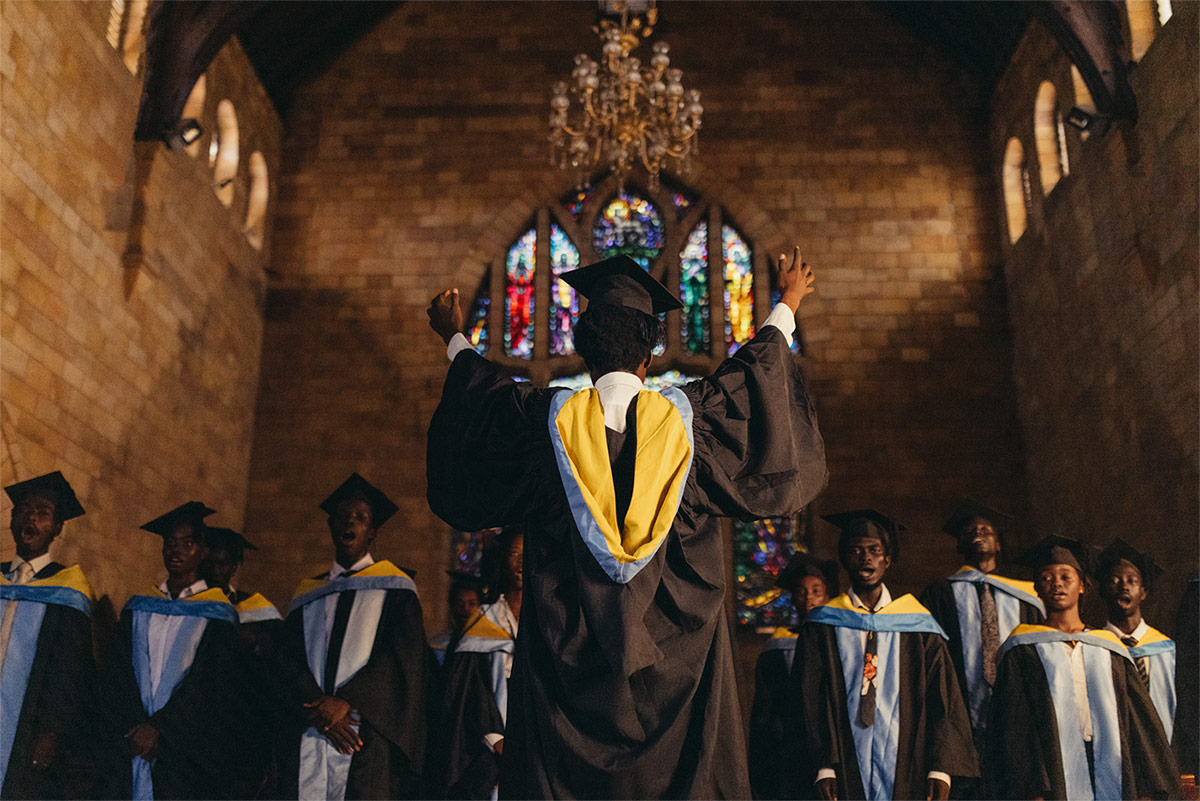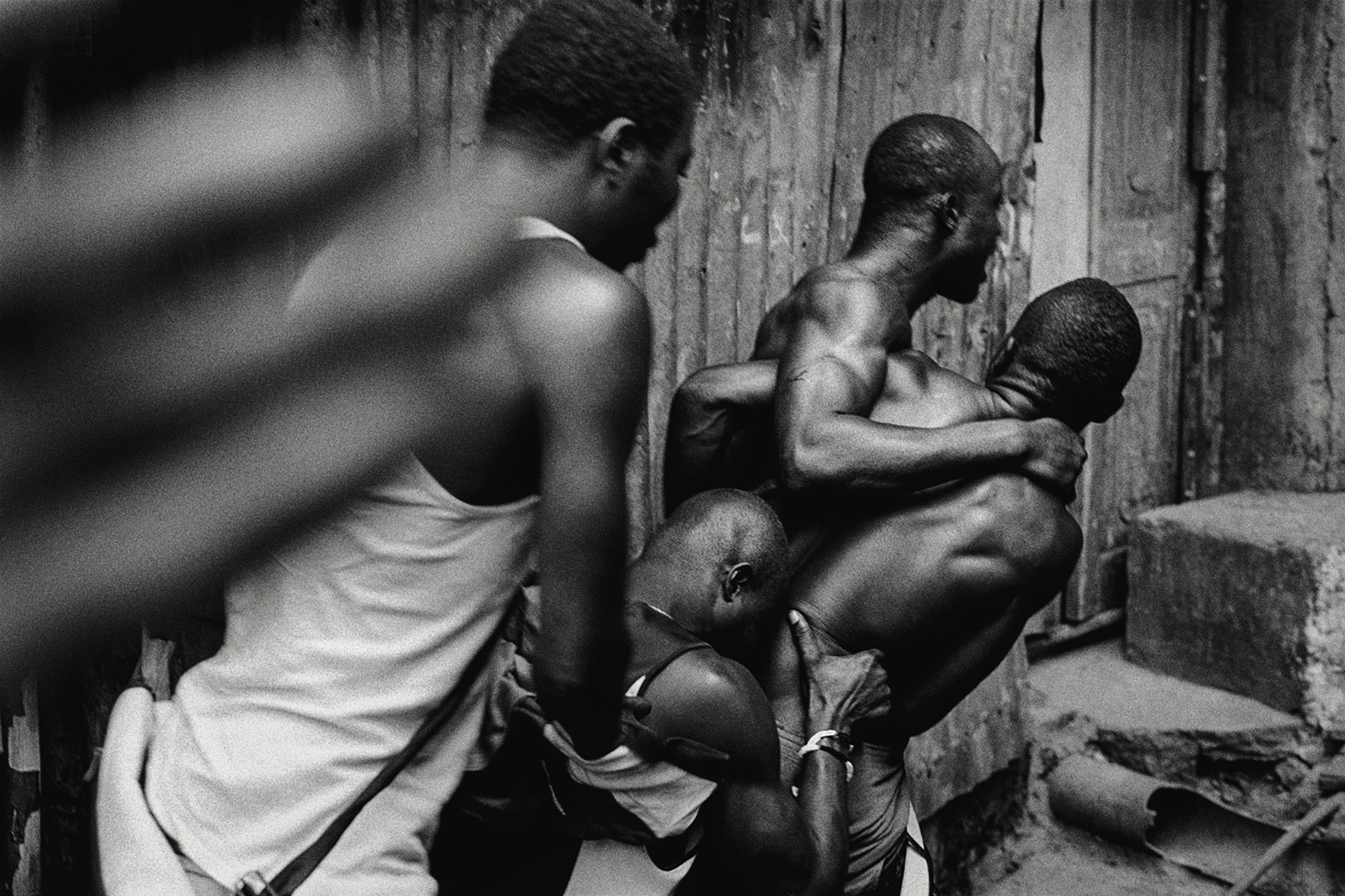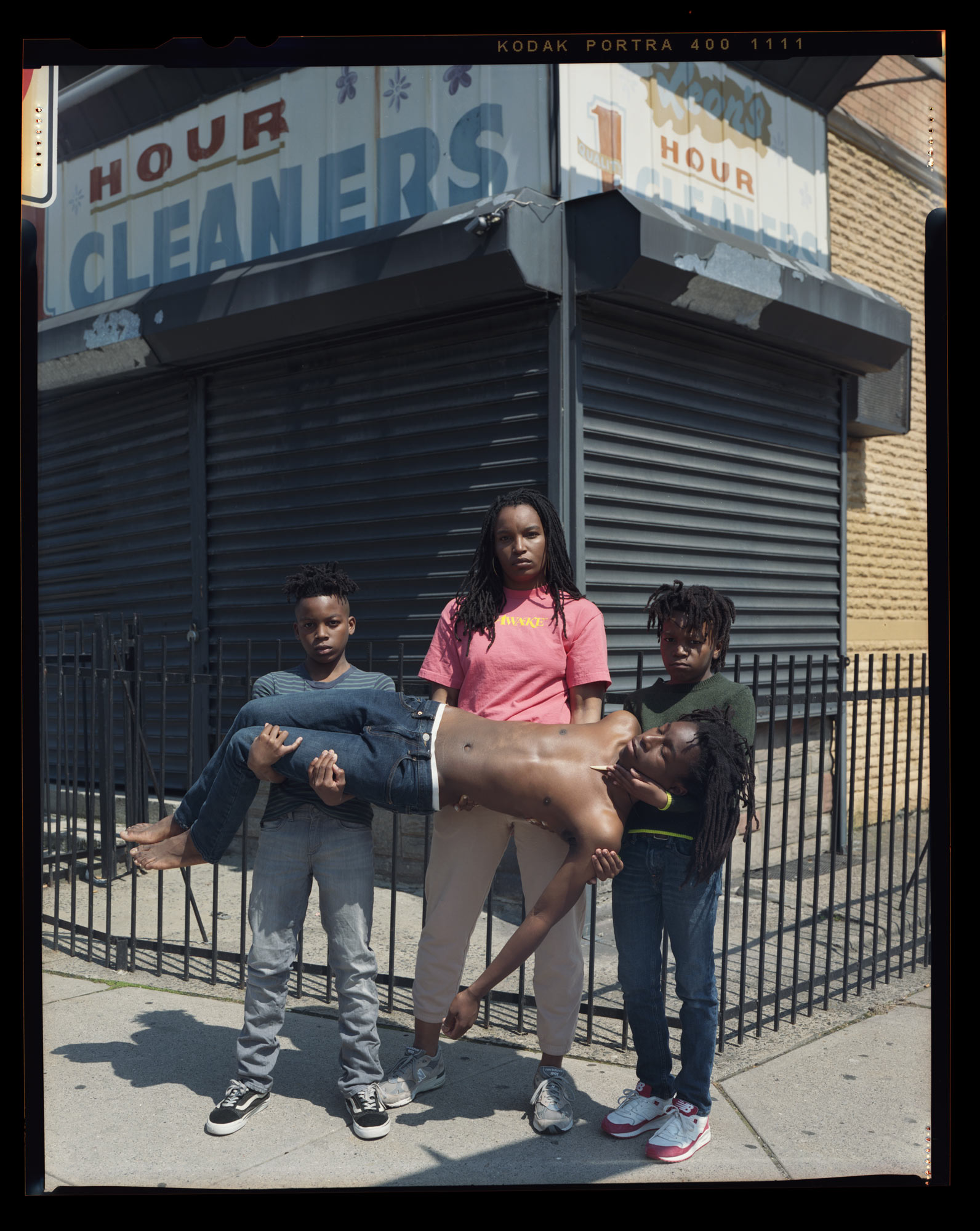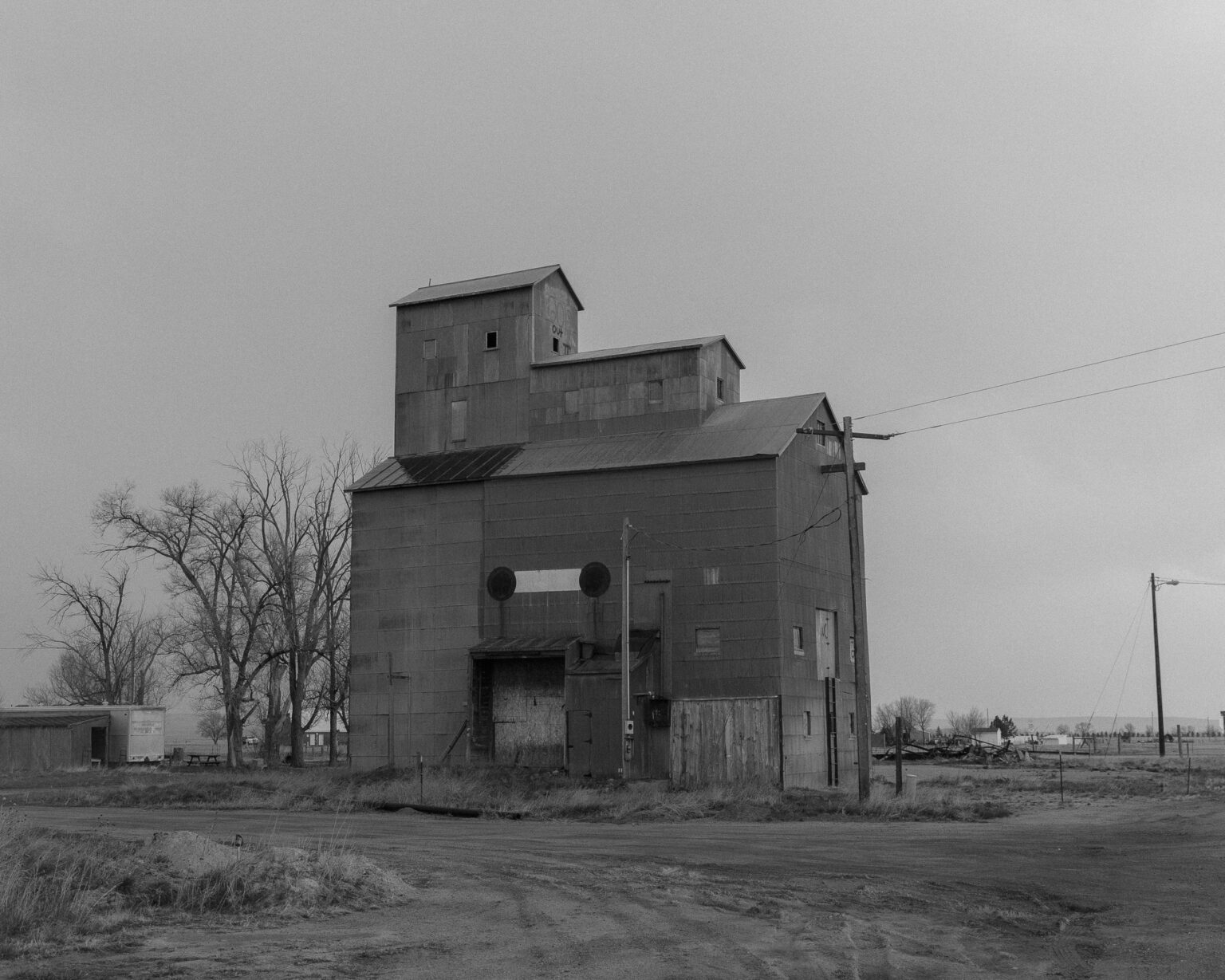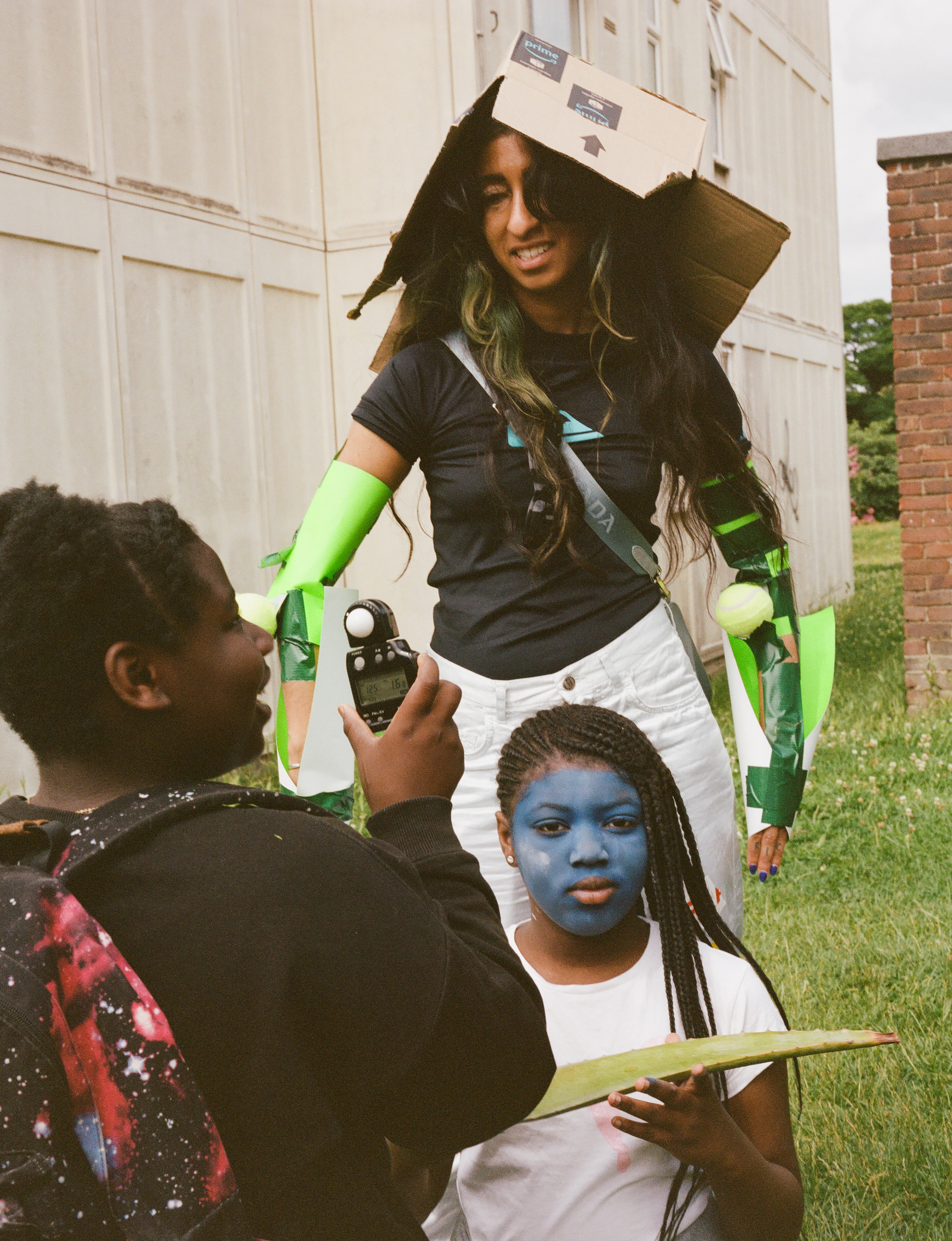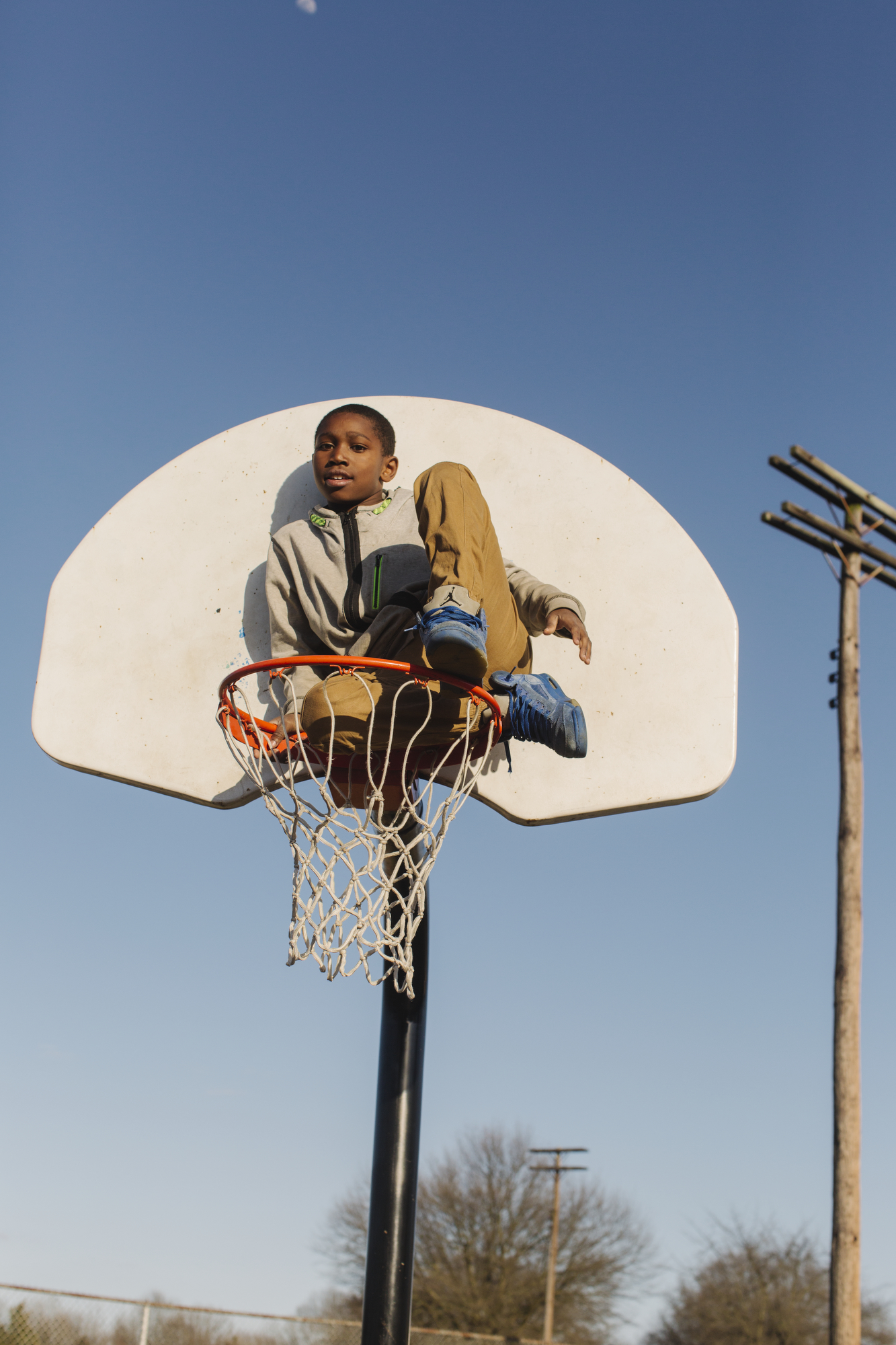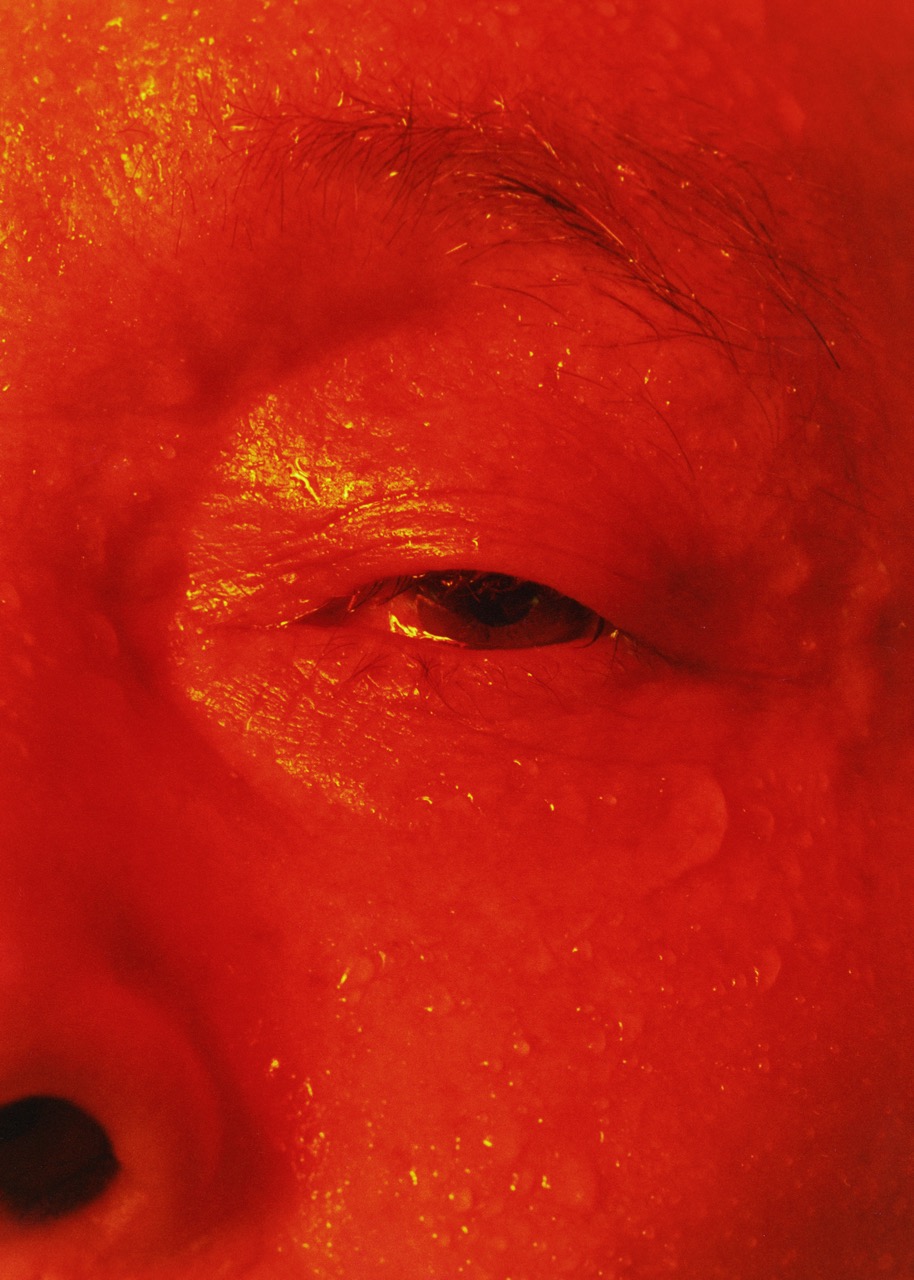mind the gap, luv. (2018-2023) by Kate Schultze explores the aftermath of the Brexit referendum, focusing on regions such as Yorkshire and the West Midlands where the Brexit vote was strongest, with significant long-term implications.
The series examines Brexit's impact, capturing the prevailing Zeitgeist and exploring the relationship between “Britishness” as a cultural identity and the desire for independence from the EU, particularly among working-class adolescents. As an outsider and insider, Kate’s unique perspective shapes the project, aiming to gain insights into the Brexit vote's reasons and potential effects on the UK's future.
Tell me how this project started for you and what initially fascinated you about this subject.
This project started as my graduation project at Lette Verein Berlin in 2017, where I studied photo design. I’d previously done my A-Levels near Peterborough, that was the year before the Brexit referendum. Growing up in Germany, the idea of wanting to leave the EU seemed odd. An EU scholarship made it possible for me to live in the UK in the first place, so why would anyone want this to be taken away from them? British politics work very differently from German politics, a lot more emotions are involved in the UK, and it all feels much more performative, which is what I think initially made me interested in Brexit as a subject. For Germans, the idea of patriotism or having a monarch you admire is extremely peculiar. Initially, I was curious to see how Brexit would go down with all of these factors involved as nothing like it had ever been done before. When I started shooting mind the gap, luv. I had no idea what exactly I was gonna focus on or that this project was gonna go on for over 5 years. I just started collecting images of all sorts and it turns out I didn’t have to look far to find these aspects not just on TV but in my own life.

How would you describe the mood over this period in Britain but especially in Yorkshire and the West Midlands?
People were fed up with the subject of Brexit before I even started shooting, whether that was the North or London. London is its own not-so-little microcosm with their economic and social situation being massively different to the North. You could feel that when I talked to people there, they were relying on that to sort out their worries. What I found so interesting is that this thing I call “Northern Pride” is thrown into the mix. It’s maybe a little similar to the East-German nostalgia or Ostalgie as we say. The cultural identity of the working-class history of the North experienced a high and was surprisingly extremely polarising. Depending on where I went I mostly came across two attitudes: people trying to justify their decision to vote leave even though they knew their arguments were not convincing and people showing deep regret. But there was generally a sense of uncertainty and avoidance as everyone realised there was no going back now and the consequences would hit the Midlands and especially the North the hardest. To end on a good note, I feel like finding solutions made people’s social connections in this capitalist society stronger. A lot of incredible projects have come out of feeling the necessity to do something against the impacts of Brexit.
It’s the same old rhetoric with politics in the UK, but especially with Brexit which was a complete mess. Words and fake promises get thrown around and people believe it. Do you find this is similar in Germany and if not then was it surprising for you to witness it?
I'm writing these answers just after the results for the election of the EU parliament came in and the German far right party Alternative für Deutschland (AfD) was the second strongest party in Germany. The Guardian called this a “worrying result”, I’d argue this is a massive understatement. Words and fake promises are thrown around in German and European politics as well as in the UK, their use has increased over the years. I found this year's AfD campaign was scarily similar to some aspects of the Brexit campaign, it was just not as loud if that makes sense. Witnessing people believing in the Leave campaign was surprising to me, now I’ve understood that I do live in a bubble and what’s happening outside of it is horrifying.
Brexit was misunderstood and sold on fake promises by an incompetent government. Do you think the friends who you mention who voted to leave the EU would still vote for that now?
Most of the people I photographed were just about able to vote for the first time in their life for the Brexit referendum, I deliberately chose that age group. They voted to leave because they were unhappy with the government and it was a way for them to protest and they did not take the possible outcome seriously enough. The majority of them would not vote to leave the EU anymore, so they’ve told me. Turns out the Leave campaign was very effective as far as impressing rebellious adolescents goes.
It seems things are changing and future generations of people seemingly have better political and social beliefs. Younger people have become totally disenfranchised with the government and media in the UK and projects like yours are really important to tell those stories. Do you think you’d work on a politically themed project in the UK again?
The straight-up answer is yes. The performative aspect of British politics still fascinates me and that will probably never stop. I am very lucky to work in between the space of an outsider and an insider, but, after all, I didn’t grow up in the UK. For me, it is easier to engage with those politically loaded subjects as I can distance myself from them. I still get insights into British politics and people's situation from regularly spending time up North and in London and seeing my friends pay for the consequences of decisions made by a broken government. It is important for me to make clear that these photos are merely an observation of how I experienced the post-Brexit time and not me trying to criticise people's decisions in a vulnerable position and at a very uncertain point in time. However, we, as artists, are obligated to engage with what is happening around us, otherwise this will just repeat itself over and over again.




Launch & exhibition opening at Village Leeds Friday 21st June 6-9pm.
First Edition Copies available from Village here.
2nd edition preorders to be announced soon here.
Find more of Kate's work here.







